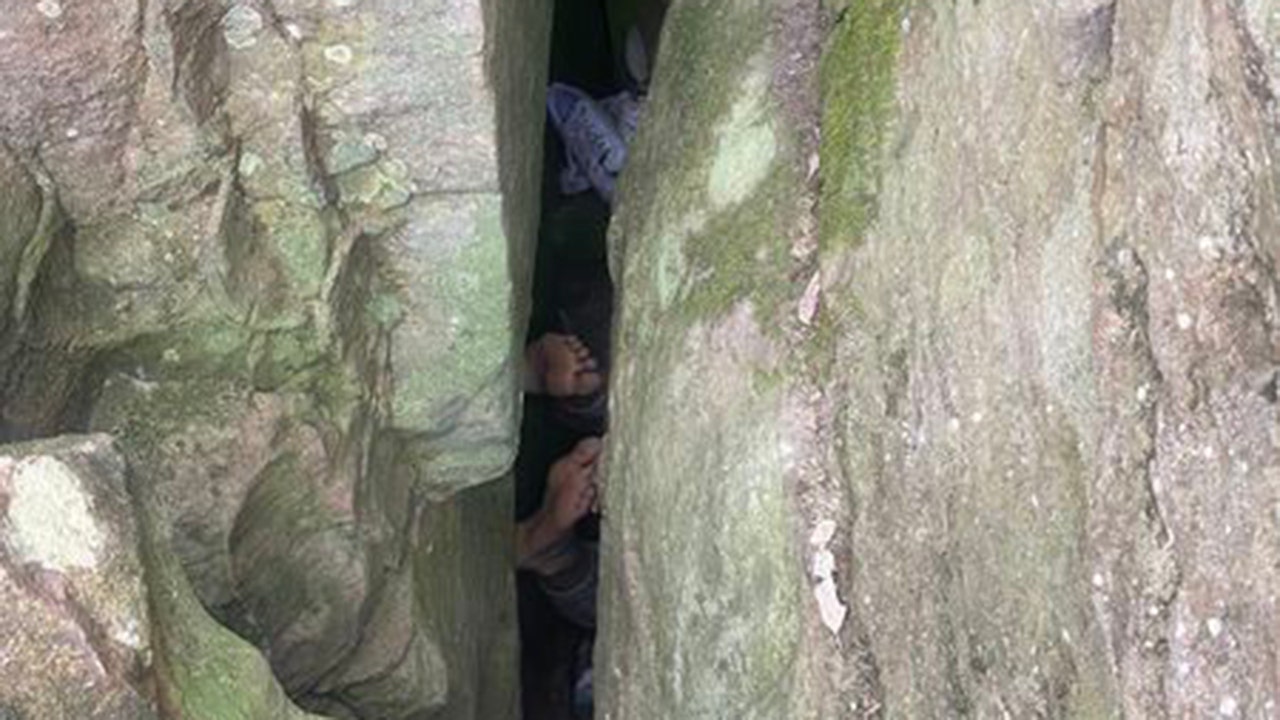Israel’s Parliament on Tuesday voted to revive a bill that would enable ultra-Orthodox men to be drafted into the military, a divisive issue that has become especially contentious since the war in Gaza began last October.
The vote, which passed 63-57, was a procedural step aimed at keeping the hot-button issue in the hands of legislators instead of judges, who have repeatedly determined that the exemption, dating to the founding of Israel, should not stand.
Many secular Israelis have long lamented the draft exemptions for the most religious members of society. The issue has taken new prominence since the Hamas-led attack in Israel on Oct. 7 set off a war that has prompted repeated call-ups of reserve soldiers.
The bill, which revives a proposal made in 2022, would limit the exemption for young ultra-Orthodox men enrolled in religious study, establish recruitment quotas for them and provide alternative service options, among other changes. Some critics contend, however, that the proposal would not significantly increase military service among the ultra-Orthodox, known in Hebrew as Haredim.
The bill was advanced in May by Prime Minister Benjamin Netanyahu, in an apparent effort to deter Israel’s Supreme Court from taking the lead on the matter. The justices are currently considering whether the government must immediately begin drafting the ultra-Orthodox, following the expiration of a law last year that was temporarily extended and has expired again.
The vote on Tuesday was widely seen as intended to send a signal to the court that the Knesset was addressing the issue. The court ordered the government to address it long ago, but years of legislative efforts have failed to produce meaningful change.
Some members of Mr. Netanyahu’s Likud party said that they would support the bill’s revival in order to speed up the legislative process, but they promised to demand changes before it advanced.
The Israeli attorney general, Gali Baharav-Miara, has pressed for immediate conscription of the country’s ultra-Orthodox, arguing that the government’s inability to pass new legislation did not excuse the failure to begin drafting the Haredim after the expiration of the previous exemption law.
The dispute is rooted in decisions made in the years surrounding Israel’s founding, when the country’s secular leadership promised autonomy and privileges to the ultra-Orthodox minority in exchange for their support in creating a largely secular state. Along with being exempted from the draft, the Haredim are allowed to run their own education system.
When the numbers of the Haredim were relatively small, their privileges mattered less to the Israeli mainstream. But they are Israel’s fastest-growing population, now numbering more than one million, or roughly 13 percent of the population, up from 40,000, or 5 percent, in 1948. They are expected to make up about 16 percent of the nation by 2030.
If the Supreme Court can be persuaded that Mr. Netanyahu’s government is making a serious effort to address the issue, the justices may give the Knesset time to pass a law. If not, the court may decide to order immediate action, and that could lead to a crisis for Mr. Netanyahu, whose coalition relies on the support of the ultra-Orthodox.






